On the occasion of the 2021 International Day for Universal Access to Information (IDUAI), the African Freedom of Expression Exchange (AFEX) commends countries on the continent that have passed Access to Information (ATI) Laws while urging those that have not to do so as a matter of urgency.
AFEX also encourages the countries that have adopted ATI laws to ensure that the laws do not become passive laws by effectively implementing them and empowering their citizenry with factual and credible public information.
The critical role access to information plays in everyday life was clearly typified during the initial stages and the peak of the COVID-19 outbreak. People needed information about the virus, how it spreads, how it can be contained/managed, how to protect themselves from contracting the virus, movement restrictions, and the other interventions their governments were putting in place to ensure their safety.
Typically, the media served as the platform for reaching the masses with information about the virus and interventions undertaken by governments. Paradoxically, when the media made requests for certain pieces of information, they were denied – both in countries that had passed ATI laws and those that had not. In fact, in some instances, journalists and media outlets were abused for requesting certain pieces of information about COVID-19 and generally, for playing their roles as watchdogs of society.
The AFEX Network, for, instance, documented over 170 incidents of freedom of expression violations, including several cases of unlawful denial or restriction to access to information at the height of the Covid-19 pandemic when movement restrictions were imposed in 2020.
Unfortunately, some COVID-19 emergency response instruments that were passed to contain the virus imposed additional restrictions on journalists’ access to certain pieces of information. Access to COVID-19 expenditures in particular has proven difficult in many African countries.
In Uganda, for example, a journalist working with Uganda’s New Vision group, Tom Gwebayanga, was assaulted by security forces and charged with spreading harmful propaganda following a story he published on alleged misuse of COVID-19 funds.
Despite the lessons COVID-19 has taught about the crucial role access to information plays in day-to-day decision making, as of today (September 28, 2021), out of the 54 countries on the continent, only 24 have adopted ATI laws. Specifically, in Sub-Saharan Africa, 21 countries have enacted legal texts to give access to public information to their citizens. Ghana (2019) and The Gambia (2021) are the latest to join the countries that have adopted access to information laws.
Unfortunately, even with the 24 countries that have adopted ATI laws, little progress has been made for the effective implementation of the frameworks.
Denial of access to information or access to partial information instigate speculations that lead to rumour mongering and mis/disinformation. Therefore, as part of efforts to “building back better”– as the 2021 IDUAI theme says (after the ravaging effects of the COVID-19 pandemic), AFEX is calling on African governments to put in place structures and measures that will ensure the free flow of information without hindrance. ATI laws that are not effectively implemented only serve to tick boxes and disempower the citizenry.
AFEX is also calling on the remaining 30 countries that have not passed ATI laws to do so as a matter of urgency so their citizenry can assert their fundamental right to information.




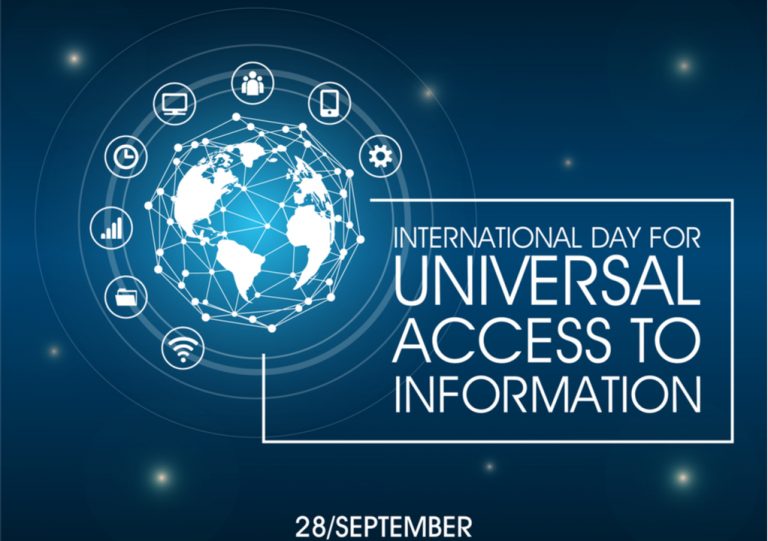
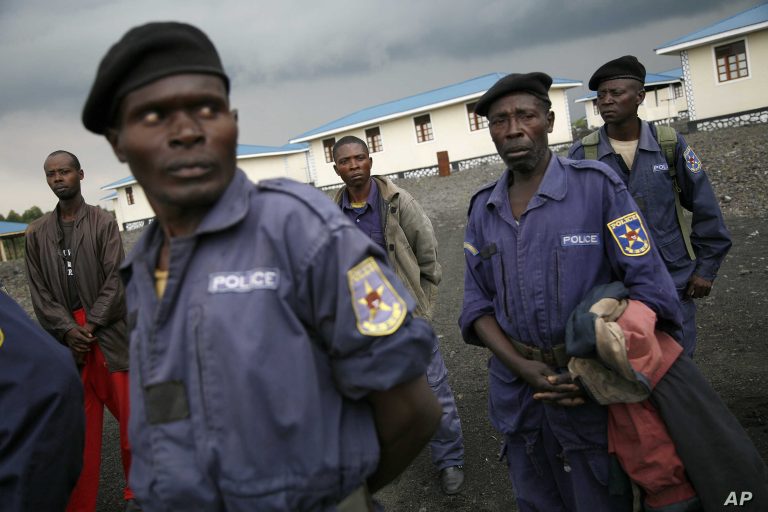
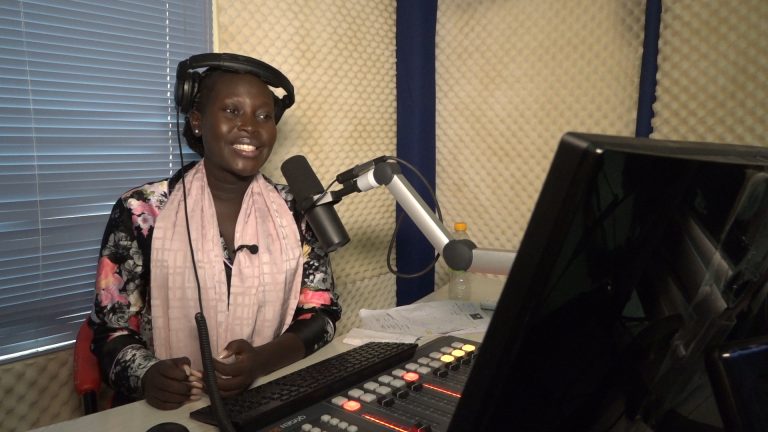
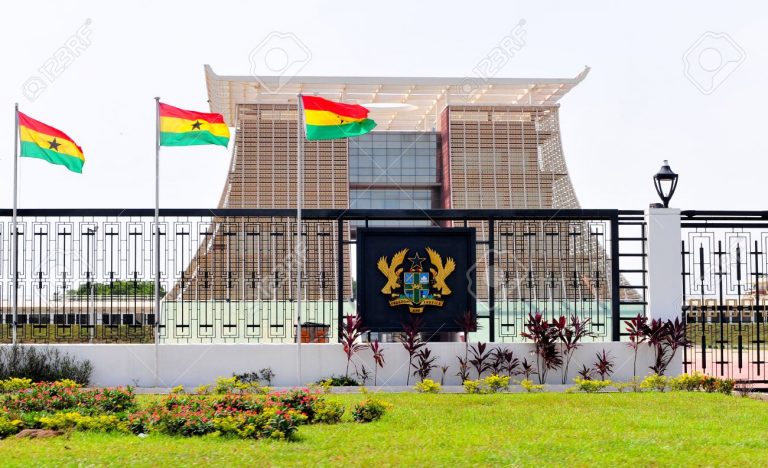


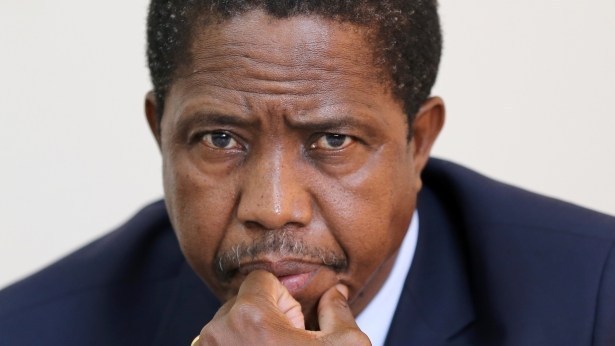
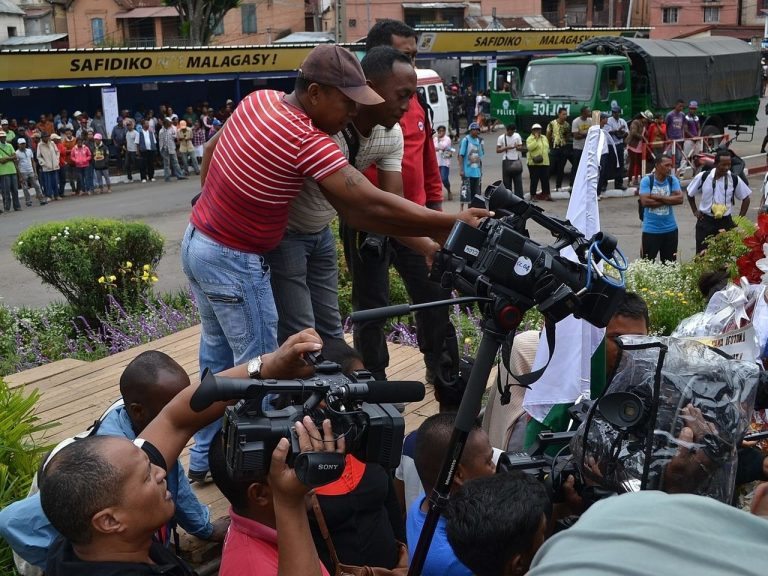

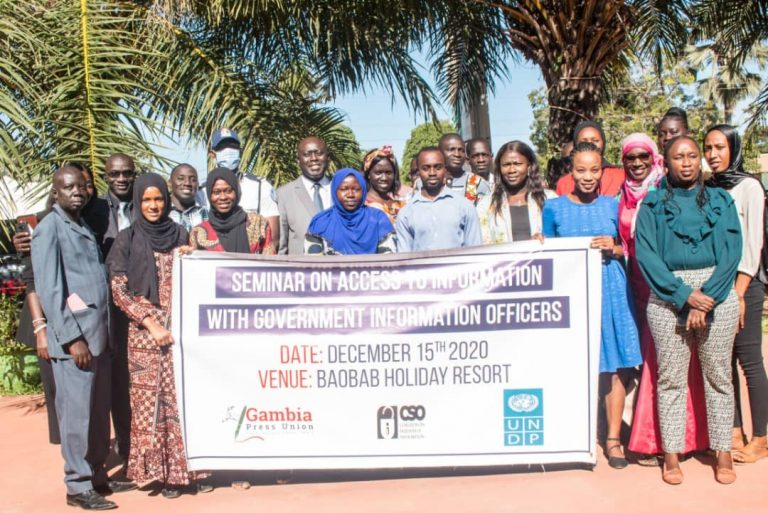
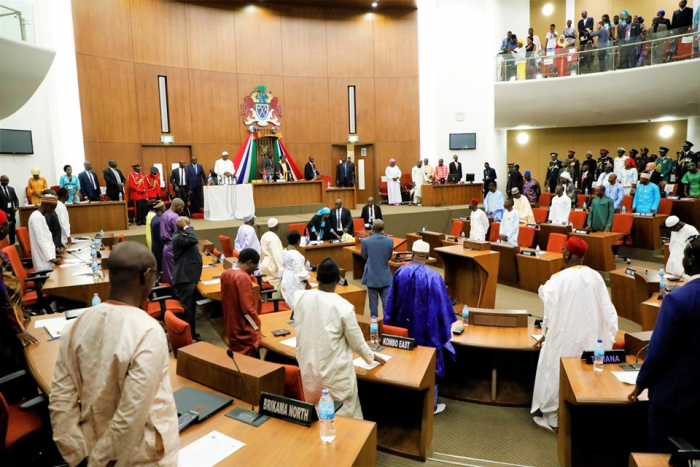
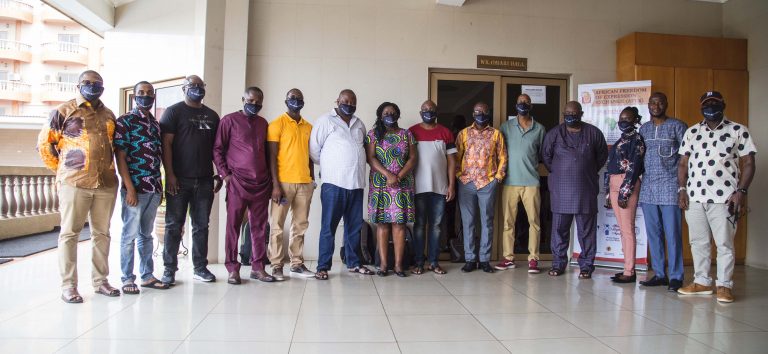
 The meeting discussed the crippling impact of COVID-19 on the media industry and expressed concern about the array of COVID-related laws, regulations, protocols and practices that unduly restrict freedom of expression, access to information and digital rights in Africa.
The meeting discussed the crippling impact of COVID-19 on the media industry and expressed concern about the array of COVID-related laws, regulations, protocols and practices that unduly restrict freedom of expression, access to information and digital rights in Africa. The representatives of the participating member organizations of AFEX resolved to increase awareness about the need for African governments to be transparent in the management of resources allocated to the fight against COVID-19; to put in place monitoring and reporting mechanisms at the national and regional levels to promote the safety of journalists and access to public information, among other issues.
The representatives of the participating member organizations of AFEX resolved to increase awareness about the need for African governments to be transparent in the management of resources allocated to the fight against COVID-19; to put in place monitoring and reporting mechanisms at the national and regional levels to promote the safety of journalists and access to public information, among other issues.